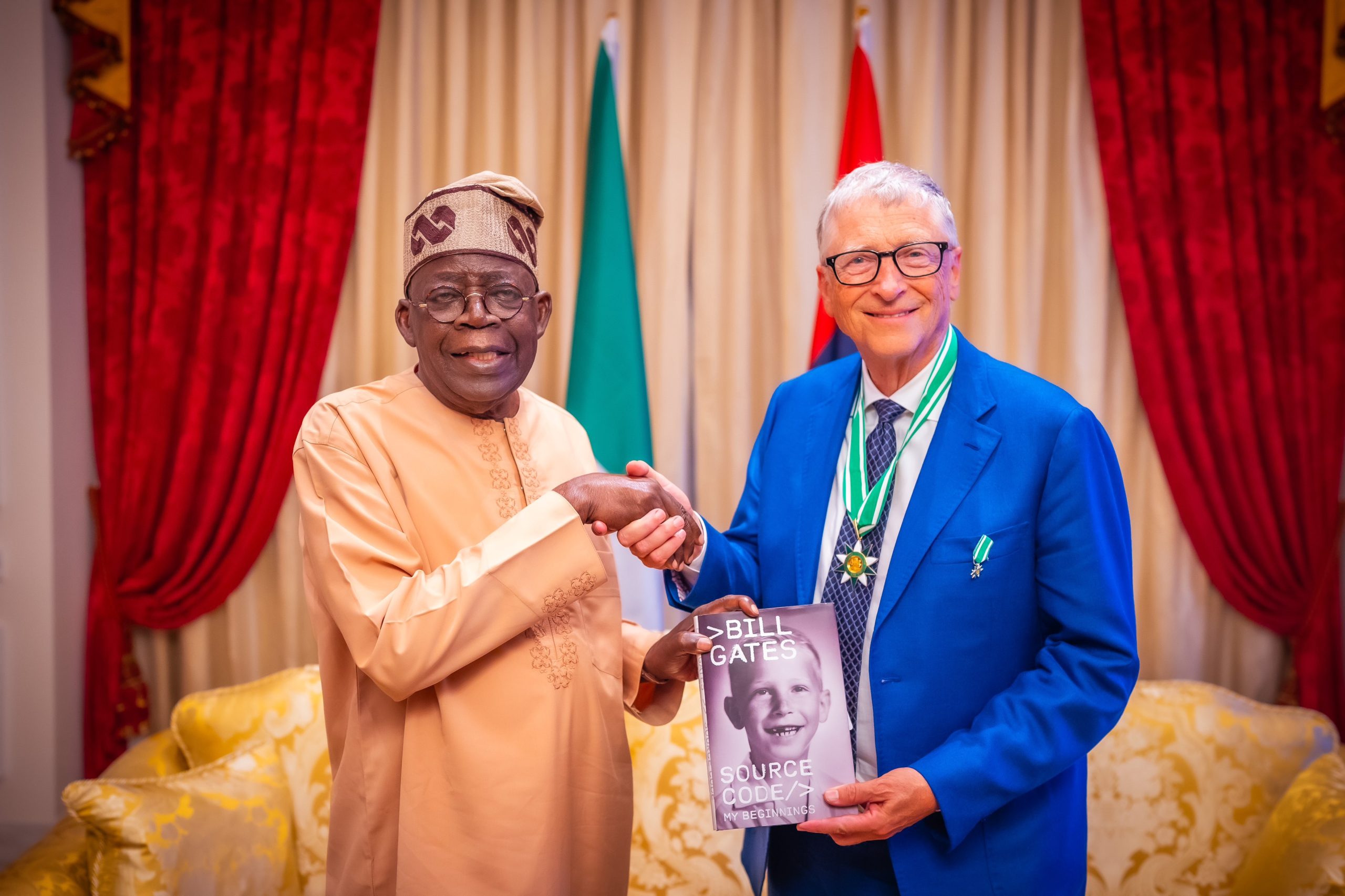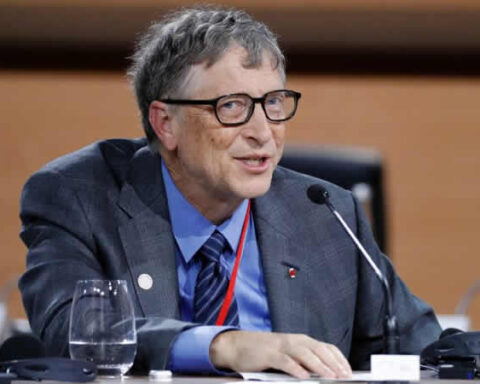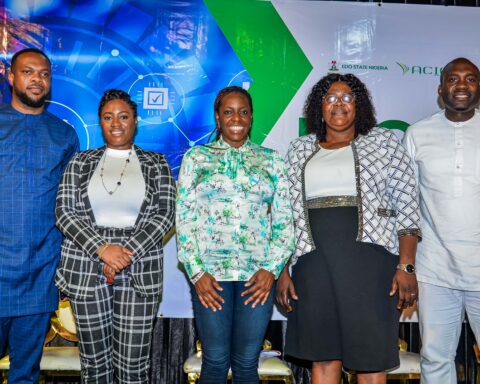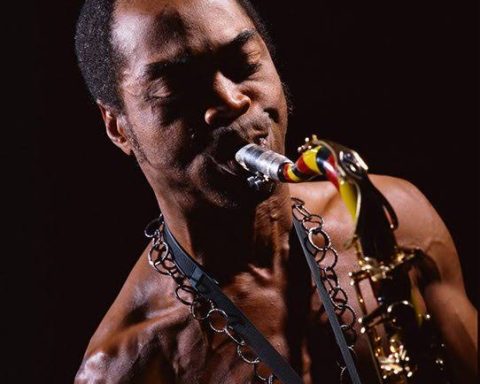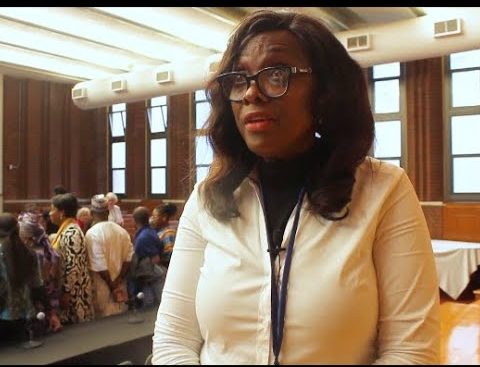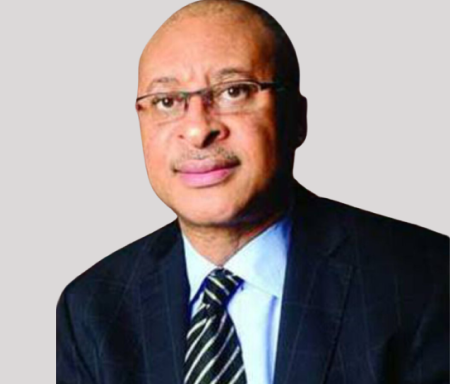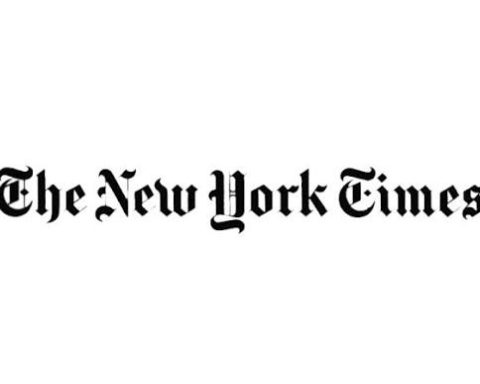Bill Gates recently described Nigeria’s health budget as far too small to address the country’s pressing healthcare challenges. Despite a 2025 allocation of N2.48 trillion, about 5.18% of the national budget, this falls significantly short of the recommended 15%.
Gates highlighted that inadequate funding contributes to Nigeria having the world’s second-highest maternal and child mortality rates, with many births occurring at home without access to emergency obstetric care like C-sections.
Join our WhatsApp ChannelHe warned that Nigeria’s reliance on foreign aid is unsustainable, especially amid global reductions in health funding. Gates stressed the urgent need for increased domestic investment and stronger political commitment to build a resilient health system capable of providing universal health coverage. While acknowledging some positive state-level efforts and the Gates Foundation’s support for health innovations, such as low-cost ultrasound devices and bleeding intervention kits, he emphasised that these cannot replace robust government funding.
No doubt, he was right in pointing out the poor budgeting in the sector vis-à-vis the National Assembly Budget.
Nigeria’s 2025 health budget is N2.56 trillion, about 5.18% of the total N49.74 trillion budget, translating to roughly N977 per person annually. In contrast, the National Assembly’s budget is over N514 billion, about 20% of the health budget, highlighting a large disparity in priorities.
Compared regionally, Ghana’s 2025 health allocation is GH₵17.82 billion (about US$2.9 billion), representing 6.32% of its national budget, still below Abuja’s 15% target but higher than Nigeria’s share. Ghana also earmarked GH₵9.93 billion (~US$1.6 billion) for its National Health Insurance Scheme, supporting essential medicines, vaccines, and free primary healthcare, and plans over GH₵2 billion for health infrastructure between 2025 and 2028. Rwanda allocates about 10% of its budget to health, with per capita spending significantly higher than Nigeria’s, contributing to better health outcomes. Amid the proof of the poor funding of the health sector, it is good that he looks beyond that and points out the real Nigerian problems.
READ ALSO: National Assembly Inserted 11,122 Projects Worth N6.93trn In 2025 Budget – BudgIT
Although Nigeria’s defence budget (N4.91 trillion) and education budget (N3.52 trillion) also exceed health spending, underscoring the underfunding of healthcare relative to other sectors, if the health sector had received more budget allocation than other sectors, would it have made a difference? What was the impact of the allocated fund so far? It now seems as if the stark comparison reveals Nigeria’s health funding is low both domestically and regionally, limiting Nigerians’ ability to tackle critical health challenges and meet global commitments.
Chronic underfunding of education and the security crisis
Nigeria’s education sector has also faced chronic underfunding, similar to health. In the 2025 budget, the Federal Government allocated N3.52 trillion to education, about 7.3% of the total N49.74 trillion budget, far below UNESCO’s recommended 26% benchmark and the World Bank’s 20–30% guideline. Although it seems this allocation is the highest in Nigeria’s history, with N826.9 billion earmarked specifically for education infrastructure development, no impact was made. So was it budgeted on paper instead of in action? Were some leaders, or those in charge of a particular ministry or allocation, filling their purses with a certain project allocation?
READ ALSO: Agbakoba Tasks Nigerian Govt On N500trn Budget Target
Dr Solomon Udah, Executive Director of Education Rights Initiative, said: “Nigeria has historically underfunded its education sector.”
President Tinubu’s administration noted that it has disbursed N34 billion as loans to over 300,000 tertiary students through the Nigeria Education Loan Fund (NELFUND), which has registered over 600,000 students and processed more than 550,000 loan applications since May 2024. Although this has never been felt, could it be that the money went into people’s pockets? Or that those supposed to benefit from this loan did not? Despite this, challenges remain, such as delayed releases of allocated funds. For example, a N300 billion university revitalisation fund from 2023 is yet to be disbursed.
Since May 2023 through April 2024, Nigeria recorded over 614,000 deaths due to insecurity, according to the National Bureau of Statistics (NBS). The northwest region suffered the highest toll with about 206,000 deaths, followed by the northeast with nearly 189,000 fatalities. During the same period, over 2.2 million people were kidnapped nationwide, with ransom payments exceeding N2.23 trillion.
In 2024 alone, terrorism-related deaths increased to 565, up from 533 in 2023, marking a rising trend despite security spending. Between May 2023 and May 2024, the Armed Conflict Location & Event Data Project (ACLED) reported 4,556 fatalities and 7,086 abductions.
For 2025, insecurity remains severe. In the first quarter, 1,420 Nigerians were killed and 537 kidnapped in 475 violent incidents, mostly in northern regions. Additionally, between January and March 2025, over 3,600 people were killed by bandits and insurgents, with states like Niger, Zamfara, and Borno most affected.
Overall, from May 2023 to early 2025, insecurity has claimed hundreds of thousands of lives in Nigeria, despite the 2024 and 2025 security budgets totalling trillions of naira. This data underscores the persistent and worsening security crisis amid massive government spending.
In all, despite all that the current administration notes they have been doing, Nigeria’s real problems remain like water being poured on a heavy rock. From Bill Gates’ perspective, it is clear he does not know, or rather does not want to point out, where the real problem lies.
Where the real waste lies: poor leadership, rigged elections, and ethnic divisions
The real waste in Nigeria’s development lies not just in budgetary allocations but deeply in poor leadership, rigged elections, and religious and ethnic bigotry.
Nigeria suffers from systemic corruption and leadership crises that have become pervasive and cancerous to national progress. Leaders often prioritise personal gain over public service, leading to mismanagement, political instability, insecurity, and widespread poverty. This predatory leadership culture results in suboptimal allocation of resources and economic decline.
Electoral fraud further undermines democracy by eroding public trust and enabling unaccountable leaders to remain in power. Fraudulent elections stifle political competition, fuel violence, and create social disorder. The manipulation of electoral processes means governments often lack legitimacy, worsening governance and development challenges.
Nigeria’s deep ethnic and religious divisions fuel conflicts over state power and resource allocation. These divisions have led to violent clashes, insecurity, and political polarisation, hindering national unity and economic growth. Politicians exploit religious and ethnic identities to mobilise support, often at the expense of good governance and social cohesion.
Together, these factors create a vicious cycle where abundant resources are wasted or diverted, and critical sectors like health, education, and agriculture remain underfunded and dysfunctional. Addressing Nigeria’s challenges requires tackling these root causes, promoting accountable leadership, credible elections, and fostering ethnic and religious tolerance for sustainable national development.
The International Monetary Fund (IMF) and the World Bank have repeatedly highlighted poor leadership, corruption, and governance challenges as major obstacles to Nigeria’s development. The IMF, during its consultations with Nigerian anti-corruption agencies such as the Independent Corrupt Practices and Other Related Offences Commission (ICPC), has stressed the need to tackle pervasive corruption and improve transparency to boost economic growth and public trust.
Similarly, the World Bank has warned that poor governance and weak institutions undermine Nigeria’s ability to effectively use its resources for health, education, and security. These international bodies link Nigeria’s development stagnation to leadership failures, electoral malpractice, and ethnic and religious divisions that fuel corruption and mismanagement.
Bill Gates also has his share of the problem he complains about
Gates’ foundation, while investing billions in health and agriculture, has faced strong criticism from African civil society for promoting industrial agricultural models that often exacerbate hunger, inequality, and environmental degradation, rather than empowering local farmers and communities to determine their food systems.
Therefore, Bill Gates should be open and candid with African governments about their real problems, rather than lecturing them superficially on healthcare. The human angle is critical: insecurity and poor governance directly harm women and children by worsening hunger and maternal mortality through disrupted agriculture and deprivation.
There is a great connection between the disruption of agriculture and the high rates of child and maternal deaths. When farmers are displaced, harvests destroyed, or food supply chains broken due to insecurity or poor governance, women and children are the first to suffer from malnutrition and lack of access to essential healthcare.
For the Nigerian government, it must learn not to always wait for foreigners to advise it before doing the right thing. This is because foreign advisers, no matter how well-intentioned, often analyse issues through the lens of what is happening in the Western world, which usually differs from the realities and challenges faced in African or other third-world countries. Nigeria must take ownership of its development path and adopt homegrown, context-specific solutions for lasting progress.
Therefore, looking at Bill Gates’ current concern, it seems budget allocation is the main reason Nigeria’s health sector is in bad shape, but there is a much bigger problem than simply budget allocation. Bill Gates cannot effectively address healthcare challenges in Africa without confronting the root causes: persistent insecurity and poor governance, which devastate women and children through hunger and maternal mortality. To make a meaningful difference, he must acknowledge the deeper neo-colonial dynamics at play and support African-led solutions that tackle these systemic issues head-on.
Dr Mbamalu, a Jefferson Journalism Fellow, member of the Nigerian Guild of Editors and Media Consultant, is the publisher of Prime Business Africa
Dr. Marcel Mbamalu is a distinguished communication scholar, journalist, and entrepreneur with three decades of experience in the media industry. He holds a Ph.D. in Mass Communication from the University of Nigeria, Nsukka, and serves as the publisher of Prime Business Africa, a renowned multimedia news platform catering to Nigeria and Africa's socio-economic needs.
Dr. Mbamalu's journalism career spans over two decades, during which he honed his skills at The Guardian Newspaper, rising to the position of senior editor. Notably, between 2018 and 2023, he collaborated with the World Health Organization (WHO) in Northeast Nigeria, training senior journalists on conflict reporting and health journalism.
Dr. Mbamalu's expertise has earned him international recognition. He was the sole African representative at the 2023 Jefferson Fellowship program, participating in a study tour of the United States and Asia (Japan and Hong Kong) on inclusion, income gaps, and migration issues.
In 2020, he was part of a global media team that covered the United States presidential election.
Dr. Mbamalu has attended prestigious media trainings, including the Bloomberg Financial Journalism Training and the Reuters/AfDB Training on "Effective Coverage of Infrastructural Development in Africa."
As a columnist for The Punch Newspaper, with insightful articles published in other prominent Nigerian dailies, including ThisDay, Leadership, The Sun, and The Guardian, Dr. Mbamalu regularly provides in-depth analysis on socio-political and economic issues.


